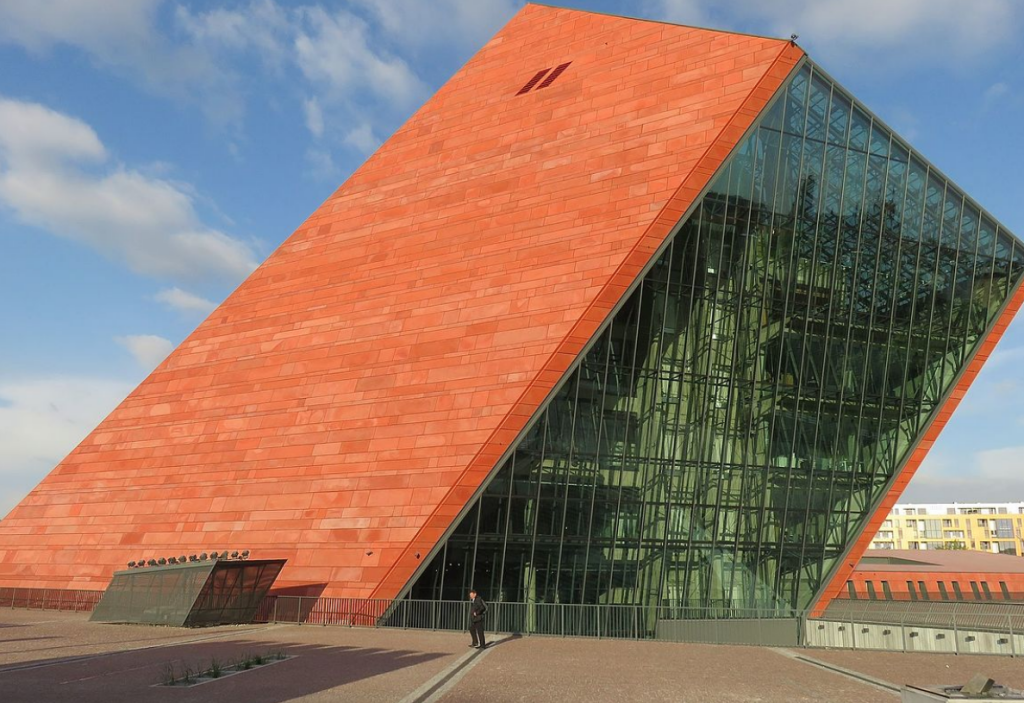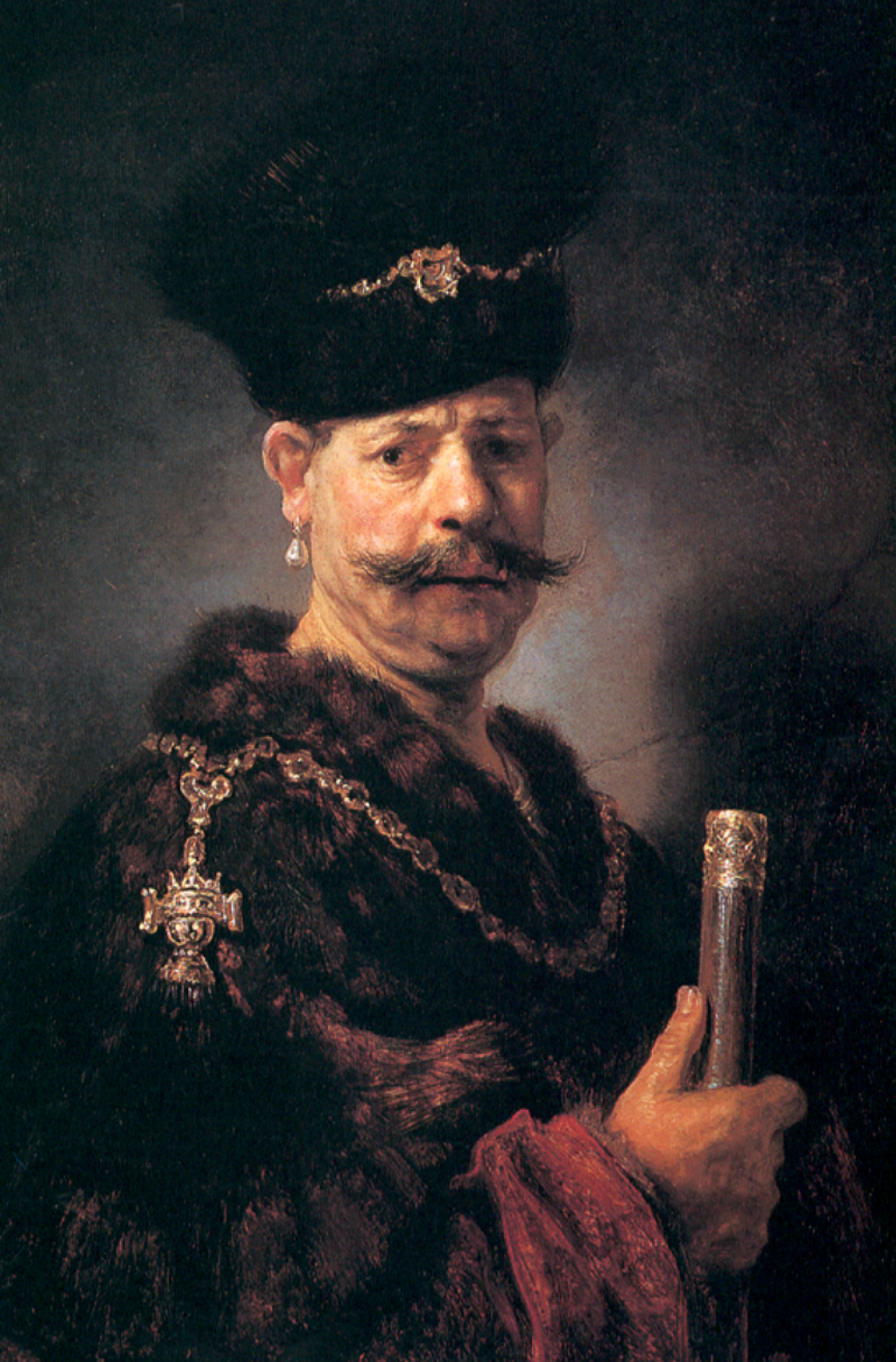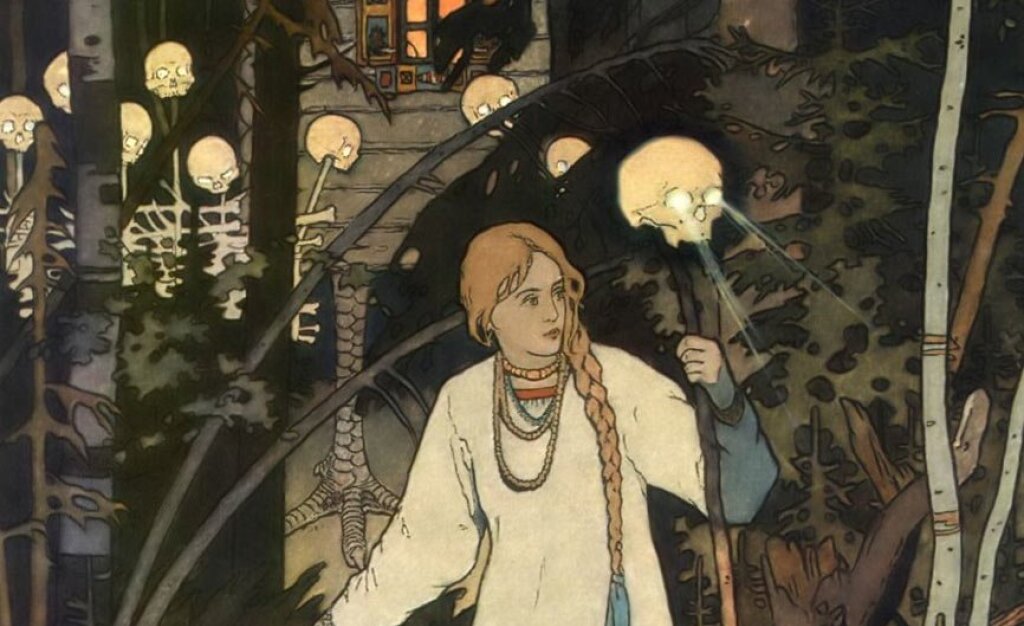The Jordan Center stands with all the people of Ukraine, Russia, and the rest of the world who oppose the Russian invasion of Ukraine. See our statement here.
Paweł Machcewicz is Professor at the Institute of Political Studies of the Polish Academy of Sciences. In 2008-2017, he was the founding director of the Museum of the Second World War in Gdańsk, pictured above.
This post is based on an article of the same name published in Contemporary European History in 2023.
Academic historians often complain that the public does not appreciate their work, and that the impact of their books is limited to a few other scholars. There are, however, situations where historians face the opposite challenge, namely a great deal of interest from both the public and from politicians who want to exploit or interfere with their work to further political agendas. This is what has happened in Poland.
The increase of public interest in the past came after a decade of democratic transformation, which started in 1989 with the demise of the communist order. It was sparked by a polemic over the identity of former agents of the security apparatus and the problem of what to do with secret police files. To tackle these problems, a new entity was created in 2000: the Institute of National Remembrance. This institution took over files left behind by Poland’s communist security apparatus and opened them to historians and journalists. The communist past abruptly came to occupy the very center of public discourse and political life. As key experts for commenting on the police files, historians now took on a major public role.
Over time, the subject of “former agents” began to be exploited by groups that suggested Poland was still dominated by former communists and members of the former democratic opposition who remained under communist control. The shining example of this phenomenon was Lech Wałęsa, who was accused of communist collaboration from the early 1970s, to the 1980s, when he became the leader of the workers’ strike in the Gdańsk shipyard and of the newly born Solidarity trade union, all the way to the 1990s, when he was elected the first president of a newly democratic Poland. These accusations were promoted by right-wing groups, and especially by the populist Law and Justice party, which sought to exploit them in order to delegitimize the democratic order created in Poland after 1989.
The other most sensitive historical topic has been Polish-Jewish relations during the Second World War. Interest in this subject mushroomed after the discovery of a mass murder of Jews in the small town of Jedwabne in northeastern Poland in 1941. The site was revealed for the first time in 2000 in Neighbors, a book by historian Jan Tomasz Gross, who described how the Poles of Jedwabne had killed their Jewish neighbors by burning most of them alive in a barn.
The discovery of the Jedwabne pogrom was a great shock for public opinion. On the one hand, there were many reactions of denial. On the other, the controversy brought about a lot of soul searching regarding the dark sides of Poland’s past, including such topics as the expulsion of Germans from Poland and the forced deportations of Ukrainians after the Second World War. For more traditionally oriented Poles, the emergence of such subjects jeopardised their historical self-image as heroes or victims.
It did not take long for a backlash to develop. First formulated by conservative intellectuals (some of them historians), resistance to discussing the “history of shame” was embraced by the ruling Law and Justice party in 2005–7 and again after its electoral victories in 2015 and 2019. This right-wing politics of history alleged that Polish elites and the mass media were obsessed with concentrating on wrongdoings committed by Poles.
The Law and Justice party argued that national cohesion needed to be strengthened by emphasizing “glorious’ chapters in Polish history, especially the country’s heroism and suffering during the Second World War. A remarkable consequence of this political orientation is that the Law and Justice party has devoted more attention to history and historians than any other government in democratic Poland (and, possibly, anywhere else in the European Union). The Jedwabne controversy began a new trend in Polish historiography, which has led to a number of important publications. These uncovered facts contradicting the dominant narrative of Polish assistance to persecuted Jews, documenting mass-scale denunciations and violence by Poles and exposing thousands of people as perpetrators. This new research was seen to threaten the very pillars of the “history of pride” preached by the Law and Justice party.
In 2018, the Polish parliament passed the so-called Holocaust Law, which instituted penalties of up to three years in prison for anyone suggesting that “the Polish nation” took part in Nazi or other war crimes, crimes against humanity, or crimes against peace. The law also targeted any statements that “diminish the responsibility of real perpetrators.” The legislation provoked international uproar. Under pressure from the United States and Israeli governments, some of the penalties were softened. Criminal responsibility was removed from the law, but those perceived to have tarnished the “reputation of the Polish state or the Polish nation” could still be sued and held financially responsible under civil law.
Critical research on Polish involvement in the Holocaust has been also undermined by a renewal of the narrative of Polish assistance to Jews during the Second World War. Two of the largest non-academic institutions dealing with history, the Institute of National Remembrance and the newly created Pilecki Institute, have promoted this topic through numerous publications, educational projects, and exhibitions in Poland and abroad. Both institutions are controlled by the Law and Justice Party and offer better salaries and research funds than universities and the Polish Academy of Sciences. Combined with repressive measures aimed at scholars who question the official line, the governing party has created a strong institutional and ideological deterrent to independent research.
The Holocaust is not the only topic subject to a climate of intimidation. The most vehement recent smear campaign was conducted against historians who created the Museum of the Second World War in Gdańsk. The Law and Justice party accused them of jeopardizing the narrative of Polish heroism and martyrdom by integrating these into a transnational narrative of the war. After the Law and Justice party returned to power in 2015, the museum was constantly attacked in parliament and the government-controlled media. The ruling party attempted to formally liquidate the Museum of the Second World War at the point when it was in its final stage of construction. The administrative courts blocked this attempt, allowing the Gdańsk museum to open to the public in 2017.
This was not the end of the museum’s troubles, however. Soon after its opening, the Law and Justice finally brought it to heel: The historians who created it were fired, and its main exhibitions were altered according to the wishes of Law and Justice leaders. The fate of the Museum of the Second World War is a compelling example of how right-wing politicians understand the function of history, serving as a warning to historians who do not conform to this vision.
While history in Poland is now more visible and of greater interest to the public than ever, the political environment has a chilling effect on fundamental research. History itself has become a source of serious tensions and is exploited to strengthen political agendas. This situation has created unprecedented challenges for historians who have found themselves at the epicenter of ideological battles. Not only have they been forced to defend their autonomy and integrity as scholars, but they have also had to choose their research topics carefully. In some cases, this has meant not dealing with sensitive subjects; in other cases, it has led historians to contribute actively to political movements keen on mobilizing history for their own ends. For those of us who began our career as historians at a time when autonomy of research and stability of democratic institutions were taken for granted, this outcome is depressing and troubling.



